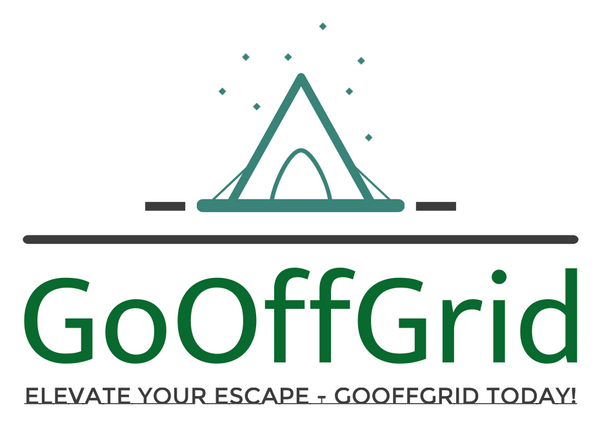Off-grid living has become increasingly popular, but there are many misconceptions about what it really entails. Here are some of the most common myths and the truths behind them.

Misconception 1: Off-Grid Means Total Isolation Many people think that living off-grid means living in the middle of nowhere with no contact with the outside world. In reality, off-grid lifestyles can vary greatly. Some live in remote areas, while others live close to cities and communities but have chosen to disconnect from the power grid. Technologies like solar panels, wind turbines, and satellite internet make it possible to live comfortably and stay connected.
Misconception 2: Off-Grid is Only for Environmental Activists Another common misconception is that off-grid living is only for environmental activists. While many who live off-grid are environmentally conscious, there are many other reasons to choose this lifestyle. It could be about reducing living costs, achieving self-sufficiency, or enjoying a simpler and quieter lifestyle.
Misconception 3: Off-Grid Living is Primitive and Uncomfortable It’s easy to think that off-grid living means living without modern conveniences. However, today’s technology allows for all the comforts one is accustomed to, such as electricity, running water, internet, and modern kitchen appliances. Solar panels, battery storage systems, and efficient water purification systems make it possible to live comfortably and sustainably.
Misconception 4: Off-Grid Living is Extremely Expensive Many believe that installing an off-grid system is costly. While initial costs can be high, in the long run, it can be more economical than being connected to the power grid. Solar panels and other renewable energy sources have low operational costs and can lead to significant savings over time. Additionally, there are often grants and subsidies available for sustainable projects.

Misconception 5: Off-Grid Living is Only for "Handy" People It’s a common belief that you have to be extremely handy to live off-grid. While some DIY skills and basic electrical and plumbing knowledge can be helpful, there are many resources and professional services available to assist beginners. Many companies offer complete off-grid solutions and installation help, making it accessible for everyone, regardless of technical knowledge.
Misconception 6: Off-Grid Living is Risky and Unsafe Some think that off-grid living is dangerous and unsafe. In reality, it’s about being prepared and informed. Having the right safety measures and backup systems in place can make off-grid living as safe as living in a traditional home. It’s about planning for potential emergencies and having resources like first aid kits, fire extinguishers, and emergency supplies.
Misconception 7: Off-Grid Living is Either Easy or Extremely Demanding There’s also a notion that off-grid living is either extremely easy or very demanding. The truth often lies somewhere in between. Off-grid living requires planning and adaptation, but it can also provide a great sense of freedom and fulfillment. It’s about finding a balance between self-sufficiency and modern comfort.
Conclusion
Off-grid living is a multifaceted and individual journey that can be as varied as the people who choose it. By debunking these common misconceptions, more people can discover the many benefits of off-grid living and make informed decisions about how they can integrate sustainability and self-sufficiency into their own lives.

